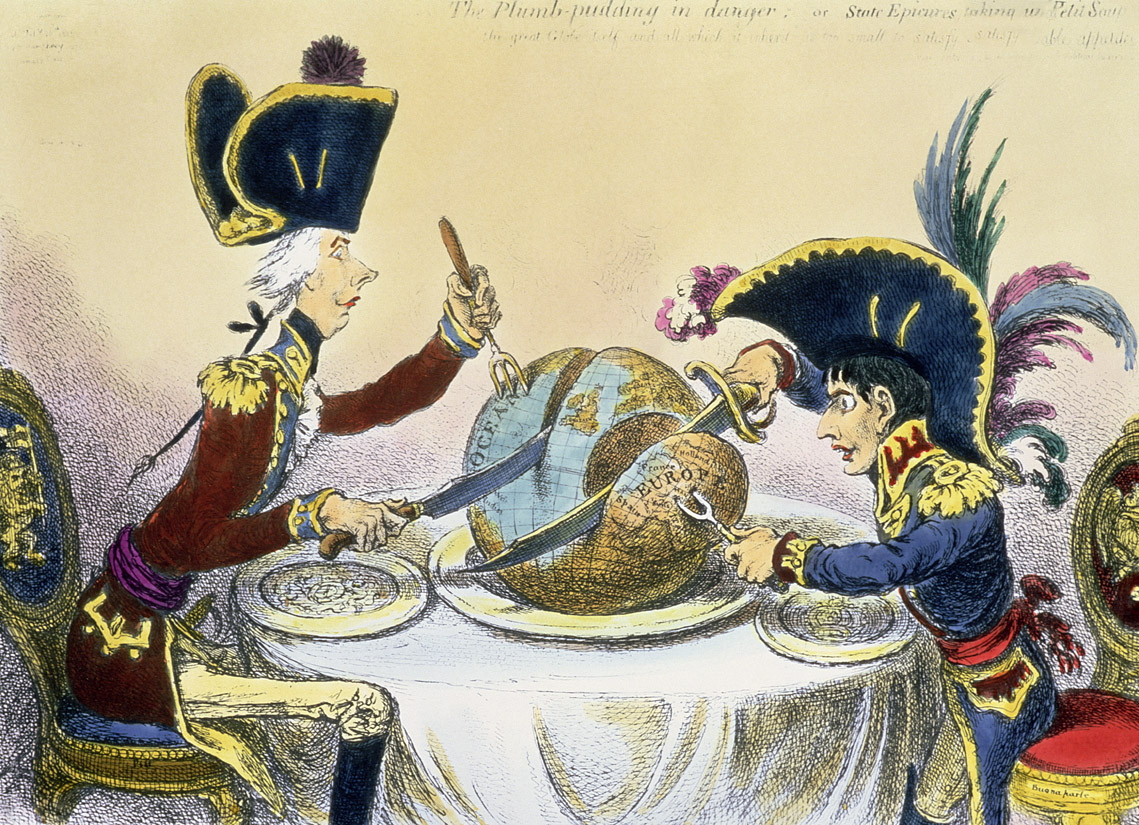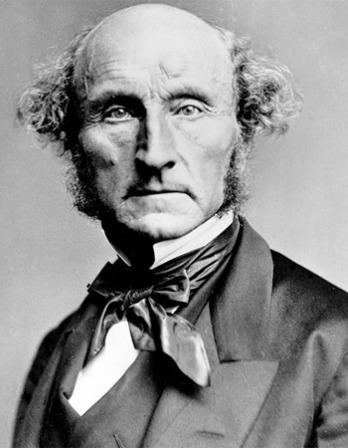I have pretty much made up my mind to run for president. What the country wants is a candidate who cannot be injured by investigation of his past history, so that the enemies of the party will be unable to rake up anything against him that nobody ever heard of before. If you know the worst about a candidate to begin with, every attempt to spring things on him will be checkmated. Now I am going to enter the field with an open record. I am going to own up in advance to all the wickedness I have done, and if any congressional committee is disposed to prowl around my biography in the hope of discovering any dark and deadly deed that I have secreted, why—let it prowl.
In the first place, I admit that I treed a rheumatic grandfather of mine in the winter of 1850. He was old and inexpert in climbing trees, but with the heartless brutality that is characteristic of me, I ran him out of the front door in his nightshirt at the point of a shotgun and caused him to bowl up a maple tree, where he remained all night, while I emptied shot into his legs. I did this because he snored. I will do it again if I ever have another grandfather. I am as inhuman now as I was in 1850. I candidly acknowledge that I ran away at the Battle of Gettysburg. My friends have tried to smooth over this fact by asserting that I did so for the purpose of imitating Washington, who went into the woods at Valley Forge for the purpose of saying his prayers. It was a miserable subterfuge. I struck out in a straight line for the Tropic of Cancer, because I was scared. I wanted my country saved, but I preferred to have somebody else save it. I entertain that preference yet. If the bubble reputation can be obtained only at the cannon’s mouth, I am willing to go there for it, provided the cannon is empty. If it is loaded, my immortal and inflexible purpose is to get over the fence and go home. My invariable practice in war has been to bring out of every fight two-thirds more men than when I went in. This seems to me to be Napoleonic in its grandeur.
My financial views are of the most decided character, but they are not likely, perhaps, to increase my popularity with the advocates of inflation. I do not insist upon the special supremacy of rag money or hard money. The great fundamental principle of my life is to take any kind I can get.

Plum Pudding in Danger, by James Gillray, 1798. The British Museum.
The rumor that I buried a dead aunt under my grapevine was correct. The vine needed fertilizing, my aunt had to be buried, and I dedicated her to this high purpose. Does that unfit me for the presidency? The Constitution of our country does not say so. No other citizen was ever considered unworthy of this office because he enriched his grapevines with his dead relatives. Why should I be selected as the first victim of an absurd prejudice?
I admit also that I am not a friend of the poor man. I regard the poor man, in his present condition, as so much wasted raw material. Cut up and properly canned, he might be made useful to fatten the natives of the cannibal islands and to improve our export trade with that region. I shall recommend legislation upon the subject in my first message. My campaign cry will be, “Desiccate the poor workingman; stuff him into sausages.”
These are about the worst parts of my record. On them I come before the country. If my country don’t want me, I will go back again. But I recommend myself as a safe man—a man who starts from the basis of total depravity and proposes to be fiendish to the last.
Audio brought to you by Curio, a Lapham’s Quarterly partner
“A Presidential Candidate.” This sketch was published a year before the election of 1880, in which Republican James A. Garfield beat Democrat Winfield Scott Hancock with 214 of the 369 electoral college votes but only by a 0.9% margin of the popular vote—the smallest in American history. Mark Twain published The Innocents Abroad in 1869, The Adventures of Tom Sawyer in 1876, and The Adventures of Huckleberry Finn in 1885. In 1906 he observed in “What Is Man?” that “fleas can be taught nearly anything that a Congressman can.”
Back to Issue






